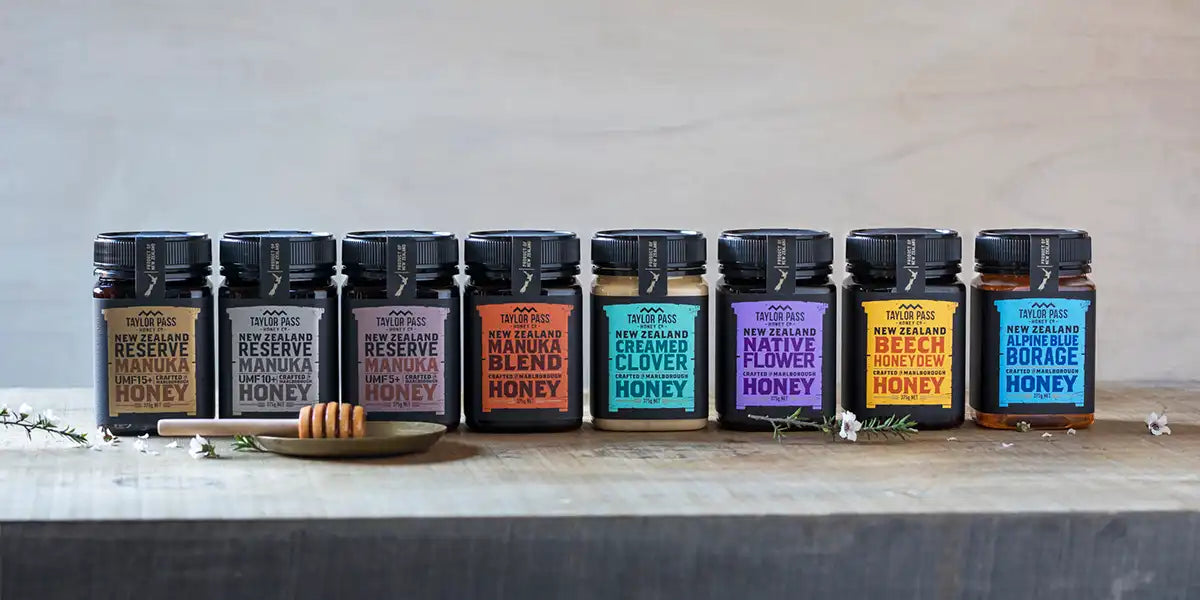7 Tips for How to Be More Sustainable & Get Involved in Earth Day

With April being Earth Month, many people are trying to figure out how to be more environmentally friendly. If you really want to reduce your impact on the environment, it’s important to make some long-term lifestyle changes that can be passed on to your children and future generations. Together, we can make every day Earth Day.
1. Avoid Single-Use Plastics
Instead of buying products in single-use plastics, look for reusable containers. Reusable water bottles and food storage containers, that are small enough to be put in a lunch box, will make a huge difference in the amount of personal waste you’re creating. Most people are amazed when they realize the amount of single-use plastic they purchase on a regular basis, even when they’re actively trying not to. Buying reusable drink tumblers and plastic containers will keep millions of pounds of plastics out of landfills every year.
2. Eat Fresh Foods – Less Meat, More Veggies
Reduce your purchases of fast food or foods that are highly processed. The additives and preservatives are not only hard on your digestive tract and don't have a lot of nutritive value but because of the way they are created, they are not great for the environment either. Opt instead for fresher foods. Cook from scratch more often and try serving up meatless meals a few times a week. There are many plant-based proteins that you can use instead and taste just as good!

3. Shop for Sustainable Foods
When shopping, try to support companies that use sustainable growing methods. At Taylor Pass Honey, for example, we are committed to the welfare of the honey bees and the land. We pride ourselves on using only sustainable beekeeping methods for harvesting our Manuka and floral honey from hive to home. If at all possible, buy your produce from your local farmers. This not only helps your local economy, but it also provides you with the freshest possible fruits and vegetables with the lowest carbon footprint.
4. Go Tree-Free!
Go tree-free! Instead of buying toilet paper, paper towels, and other paper products that are made with tree pulp, look for those made with bamboo and other plant-based materials. They are easier to find than ever before and have become more cost-friendly. In just 3 to 4 months, bamboo is fully matured and ready to be harvested again. When you compare that to trees that can take 30 years to regrow, bamboo is a more sustainable option
5. Build or Buy a Compost Bin
Composting your fruit and vegetable waste is a great way to make your own fertilizer. You can buy a compost bin or look online for directions on how to build one. They are very basic, easy to use and will give you a place to throw your fruit and veggie waste and turn it into something that has a new use instead of becoming rubbish.
6. Be More Energy Efficient
Energy efficiency starts at home. Turn off lights when you aren't using them. Open your curtains and let natural light illuminate your home. Set your thermostat and leave it alone. Constantly changing it causes it to use a lot of extra energy. There are many smart thermostat and other smart devices available to buy which will efficiently control your lights and temp when you aren't home.
7.Get Your Kids Involved!
The best way to start a habit and keep it going is to get your kids involved. Teach them about energy efficiency and challenge them to see how efficient they can be. Before long, the whole family will be getting into the swing of things.
Celebrate Earth Day by including earth-friendly habits into your daily routine. Before long, you will be doing many of them without even thinking about it. Be kind to the earth and see how many ways you can become more sustainable in your everyday life.




